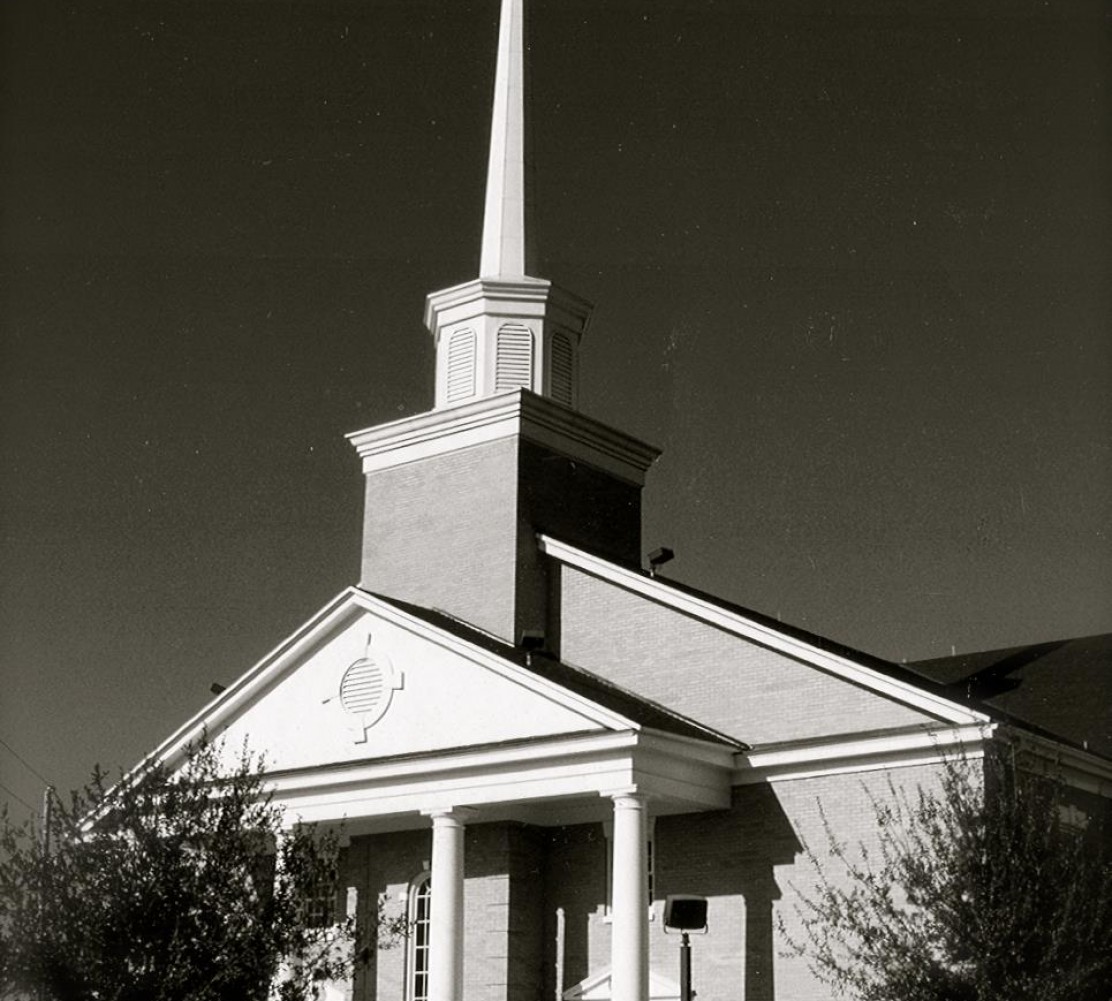This illustration idea comes from a walk-off home run in 2018 and an article that I read about it here: https://grottonetwork.com/keep-the-faith/belief/what-is-heaven-like/
I used this illustration a few weeks ago myself in a sermon on Colossians 1:3-14, while making a point about the encouragement that our faith can be to other believers. Paul specifically mentions this in Colossians 1:4.
2018 MLB season: Bottom of the ninth, Cubs at home at Wrigley Field, down 3-0 to the Nationals, two outs, bases loaded. Pinch hitter David Bote, who had been up and down from the minors a lot that season, is up to bat with everything riding on his at-bat.
And with two strikes, Bote got a low fastball in the zone, and he CRUSHED it over the center field wall. 4-3, Cubs win (I hear Harry Caray saying that in my head), WALKOFF grandslam, game OVER. (The incredible video is here if you want to watch it: https://www.youtube.com/watch?v=DI8uH4_pzeo.)
The article I linked to above asked, “Is This What Heaven is Really Going to be Like?” And if you use this illustration, you’ll want to be careful to not make US the hero of the story. JESUS is the One who gets ALL the praise, and spiritually speaking, none of us get one step toward Heaven, much less make it “home,” apart from his death and resurrection. As Colossians 1:14 says, “In HIM we have redemption, the forgiveness of sins.” But Scripture in multiple places uses athletic illustrations as metaphors for the Christian life, and finishing well.
The picture of Bote rounding third and heading home shows well the impact we have on each other – the encouragement, the celebration at the salvation of one sinner (Luke 15:7), the great cloud of witnesses mentioned in Hebrews 11-12, the shared rejoicing at spiritual victories and growth (Colossians 1:4), and finally, the expectant hope of arriving at Home with Jesus (Colossians 1:5 – “hope reserved for you in Heaven”).
